Author: Helen Roche
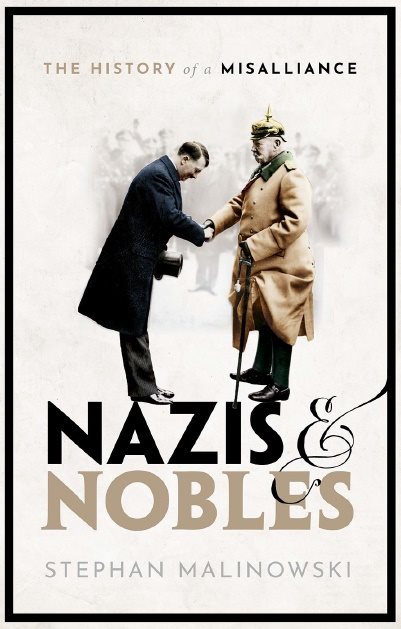 Review of 'Nazis and Nobles' by Stephan Malinowski
Review of 'Nazis and Nobles' by Stephan MalinowskiReview of Nazis and Nobles: The History of a Misalliance, by Stephan Malinowski (Oxford: Oxford University Press, 2021), in the American Historical Review 127 (4), December 2022, pp. 1942–1943.
The relationship between Nazism and the German aristocracy tends to be drawn in one of two ways, each verging on caricature – lionisation of the heroic, noble resistance fighters behind the July bomb plot, or caustic castigation of the be-monocled Junkers and the Cabinet of Barons who smoothed Hitler’s road to power.Read more...
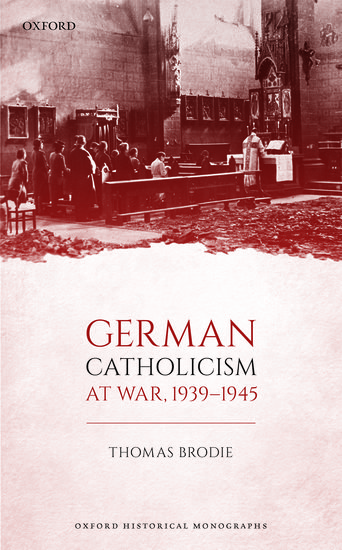 Review of 'German Catholicism at War' by Thomas Brodie
Review of 'German Catholicism at War' by Thomas BrodieReview of Thomas Brodie, German Catholicism at War 1939-1945 (Oxford: Oxford University Press, 2018), History. The Journal of the Historical Association 107, Issue 374, January 2022, pp. 184-6.
Thomas Brodie’s engaging and eminently readable study of German Catholicism during the Second World War represents both a tour de force of highly original and meticulous scholarship, and an exceptional work of Alltagsgeschichte. Brodie provides his readers with a fully nuanced account of Catholic reactions to war and genocide.Read more...
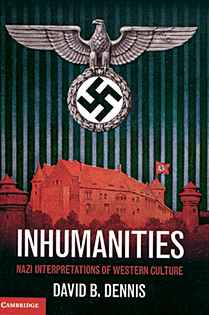 'Inhumane propaganda, humanely analysed?'
'Inhumane propaganda, humanely analysed?'Review of David B. Dennis' Inhumanities. Nazi Interpretations of Western Culture (Cambridge: Cambridge University Press, 2012), in Reviews in History.
For the past few years, David B. Dennis has had the unenviable task of steeping himself in the (turgid, yet strangely compelling) prose of the Völkischer Beobachter, the Nazi party’s major propaganda organ, and the Third Reich’s daily paper of choice. The result is a synoptic compendium of National Socialist thought on major cultural and artistic figures, which is both chilling in the delusion it reveals, and startling in its originality.Read more...
Keynote paper, presented at an international interdisciplinary symposium on Abusing Antiquity?, St Aidan’s College, University of Durham, 14 November 2023.Read more...
Presented as part of a virtual lecture series for Ukrainian students entitled 'Empire, War, Identities: Ancient Lessons for the Present Day', 13 June 2022.Read more...
Presented at a virtual workshop on 'The Politics of Decadence', International Institute for Cultural Enquiry, University of Exeter, 16 May 2022.Read more...
Guest lecture, presented at University College, Durham, 14 March 2022.Read more...
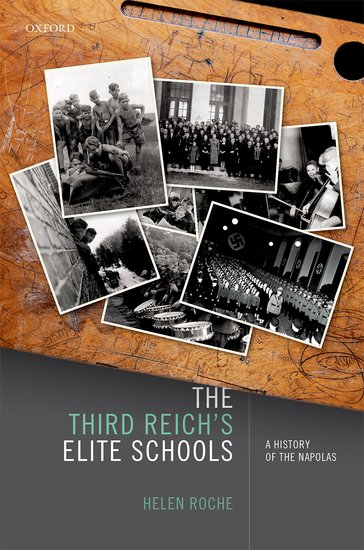 Critical Acclaim for 'The Third Reich's Elite Schools'
Critical Acclaim for 'The Third Reich's Elite Schools'Thus far, Helen's second book The Third Reich's Elite Schools: A History of the Napolas has received critical acclaim in ten different periodicals, ranging from the Frankfurter Allgemeine Zeitung to Historical Studies in Education.Read more...
 New Article: 'The Biopolitics of Education in the Third Reich's "Special Schools" and "Elite Schools"'
New Article: 'The Biopolitics of Education in the Third Reich's "Special Schools" and "Elite Schools"'Helen's latest article, in collaboration with Lisa Pine, has now been published in The Historical Journal.
This article draws attention to education as a previously under-researched category of intervention in the history of modern biopolitics. The two case-studies cover both extremes of the spectrum of biological selection in education, from the negative, eugenic policies applied to supposedly ‘abnormal’ pupils at the so-called ‘special schools’, to the ‘positive’ biological selection of elite-school applicants at the Napolas.Read more...
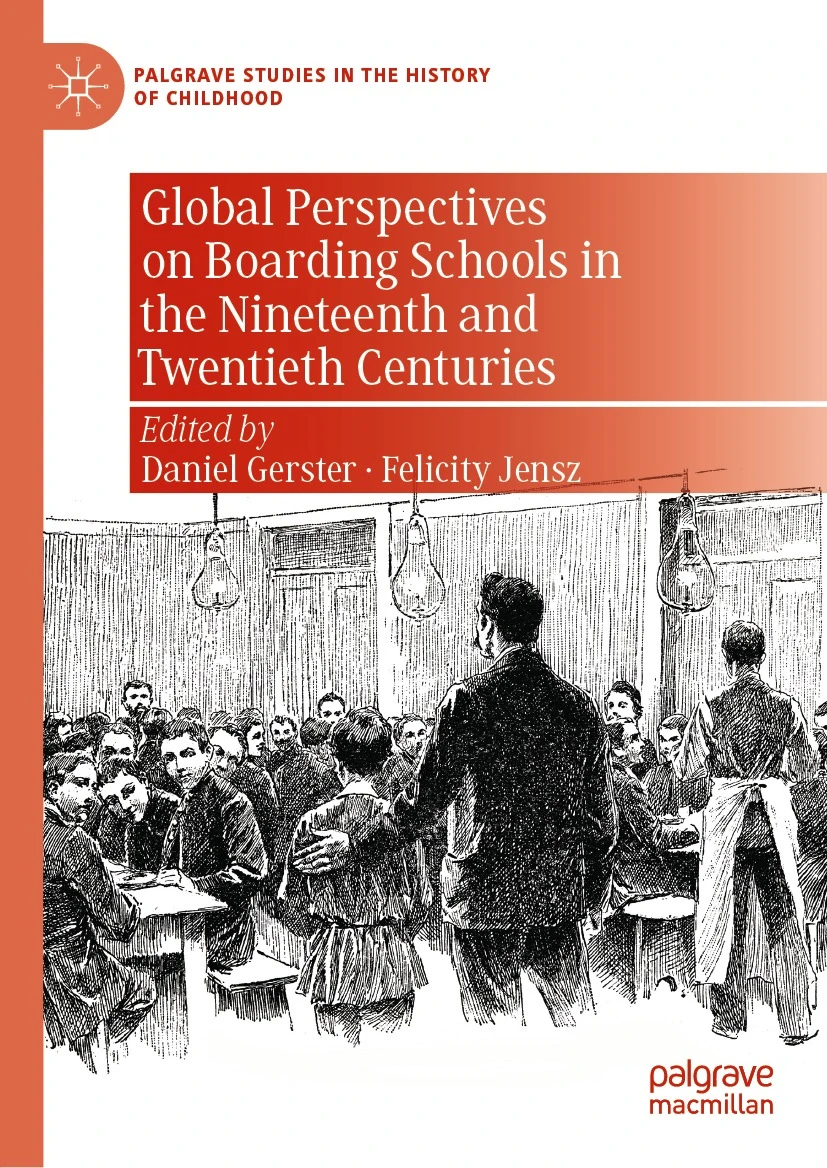 New Publications on Testimonies and Nazi Boarding Schools
New Publications on Testimonies and Nazi Boarding SchoolsTwo of Helen's essays have recently been published in edited collections from Palgrave Macmillan: 'Nazi Elite Boarding Schools and the Attempted Creation of a New Class System', in Global Perspectives on Boarding Schools in the Nineteenth and Twentieth Centuries, edited by Daniel Gerster and Felicity Jenz, and (with Achim Saupe) 'Testimonies in Historiography and Oral History', in The Palgrave Handbook of Testimony and Culture, edited by Sara Jones and Roger Woods.Read more...
